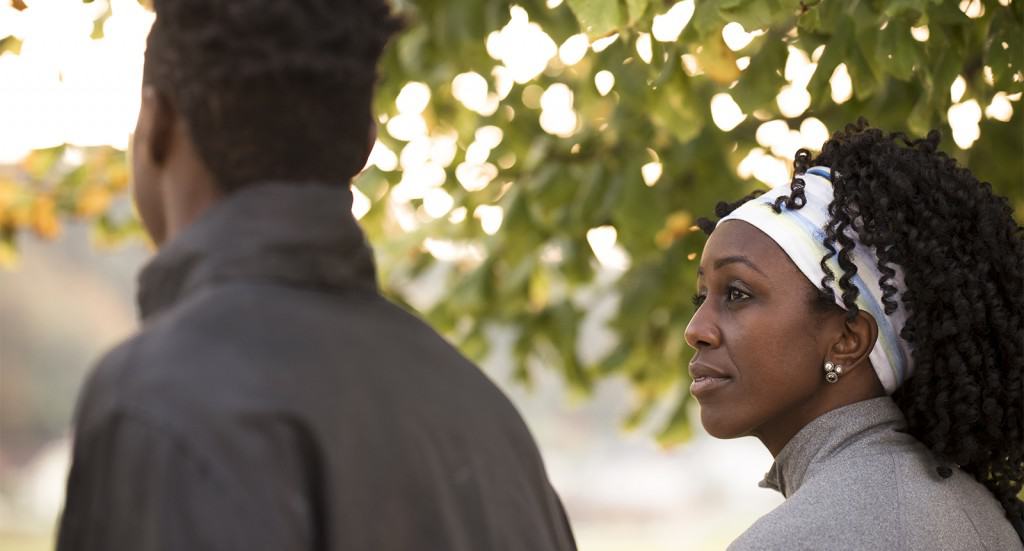Tips from Cleveland Rape Crisis Center on How To Talk to Your Teen to Prevent Sexual Violence
The most important thing you can say:
“If anyone ever has or anyone ever does hurt you, you can talk to me.”
What NOT to Say: “If anyone ever hurts you, I’m going to _______ them.”
- Don’t assume they have not been hurt by sexual violence before. Leave the door open for your teen to talk about past circumstances if they haven’t already shared with you.
- Most teenagers are coerced or forced to have sex by someone they know, trust and possibly love. They may be concerned about the other person getting in trouble or even worried about you getting in trouble if you harm someone else.
- A survivor of sexual violence wants to be believed and supported; they are not necessarily looking to punish the person who harmed them. Survivors want to know that you have their back. Focus your attention on what your child needs, not on the offender.

Tips for Talking to Your Teen about Sexual Violence
- Talk to your teen about sex early. Talk often. Give your child the facts about sex, sexual coercion and assault before they obtain misinformation from peers. Start talking long before your teen begins dating.
- It’s never too late to start the conversation. Young women are at the most risk for sexual assault between ages 16-24.
- Remember that teens are craving factual information about sex from someone they trust – even if they act like they don’t want to talk to you.
- Talk to them when you can both be as attentive as possible. The car may be a great place.
- Don’t make it a joke. Rape is not funny – ever. Don’t skirt the issue by sandwiching this message between playful topics. Sexual violence is a serious issue and should be handled that way. If you approach it as a joke, your teen will too.
- Use media stories to start the conversation. “What do you think about the case in the news? What are you hearing at school about this? What do you think about it?” It is easier for them to open up about what other people think first. Then you can share your message: “If anyone has ever or anyone ever does hurt you, you can talk to me.”
Request an Appointment
Call (216) 619-6192, or request an appointment online.
Resources
Date Safe Project
Consejos para hablar con su hijo/a adolescente acerca de la violencia sexual

